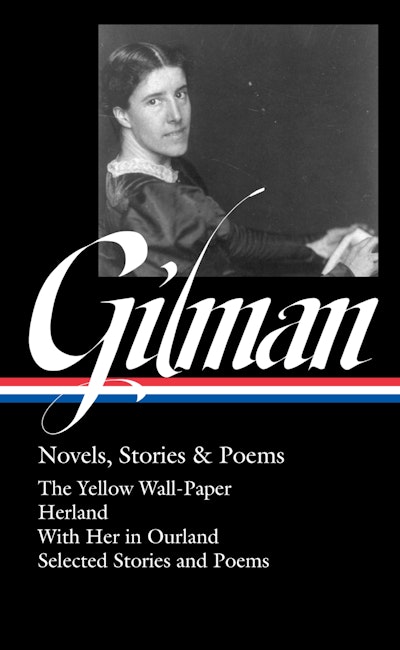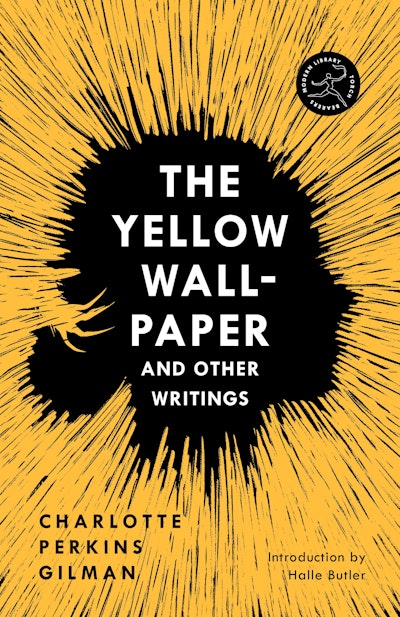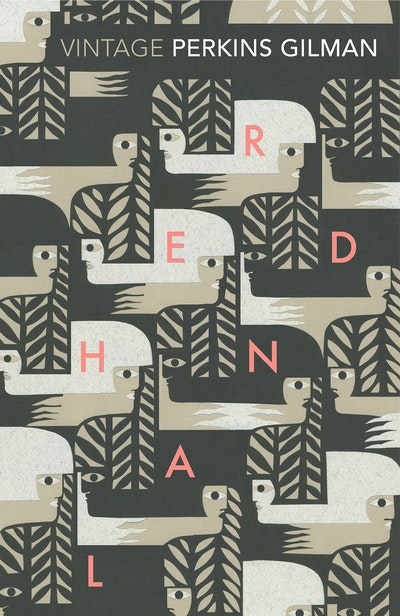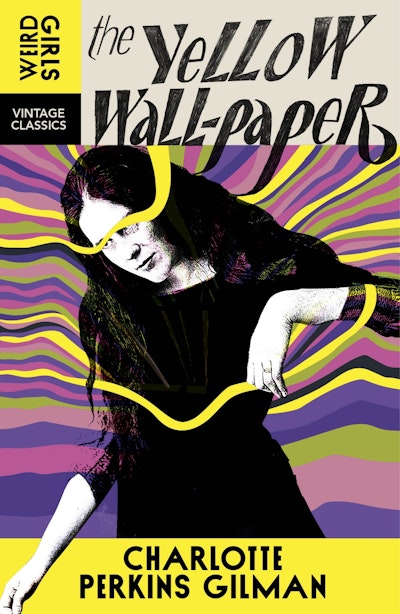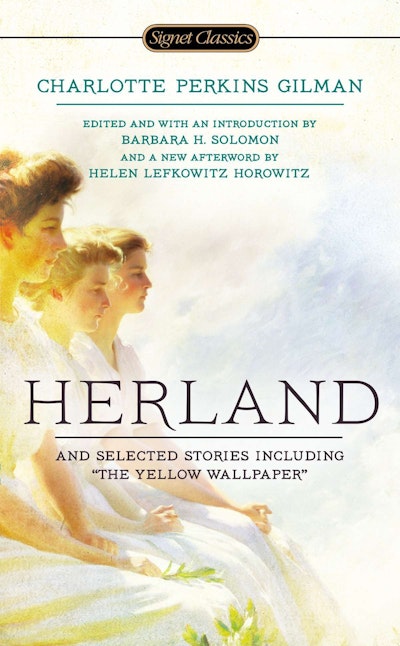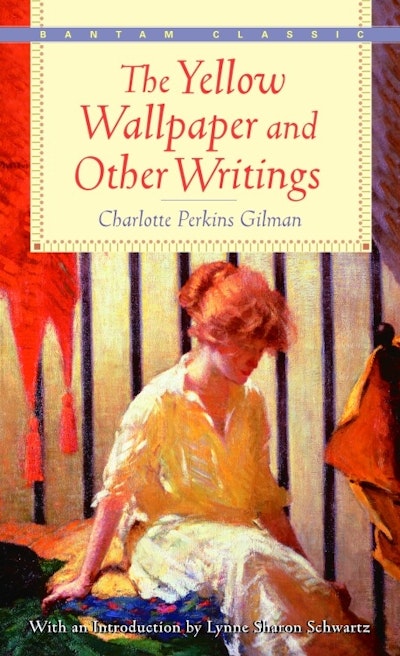Charlotte Perkins Gilman (1860-1935) was born in New England, a descendant of the prominent and influential Beecher family. In 1884 she married Charles Water Stetson. After giving birth, Charlotte sank into a deep depression. She entered a sanitarium in Philadelphia to undergo the 'rest cure', a controversial treatment, which forbade any type of physical activity or intellectual stimulation. 1892, she published the now-famous story 'The Yellow Wall-Paper'. In 1898, her most famous nonfiction book, Women and Economics, was published. With its publication, and subsequent translation into seven languages, Gilman earned international acclaim. In 1900, she married her first cousin, George Houghton Gilman. Over the next thirty-five years, she wrote and published hundreds of stories and poems and more than a dozen books.
